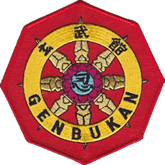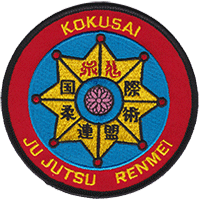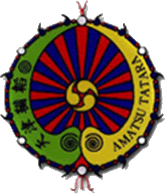top of page
"We do not rise to the level of our expectations, we fall to the level of our training"
Archilochus, Greek Warrior
"Age is an issue of mind over matter. If you don't mind, it doesn't matter."
Mark Twain
CONTACT
Get in touch to
arrange your first free lesson

LEAVE A MESSAGE
CONTACT
FAQS
Frequently asked questions
bottom of page









